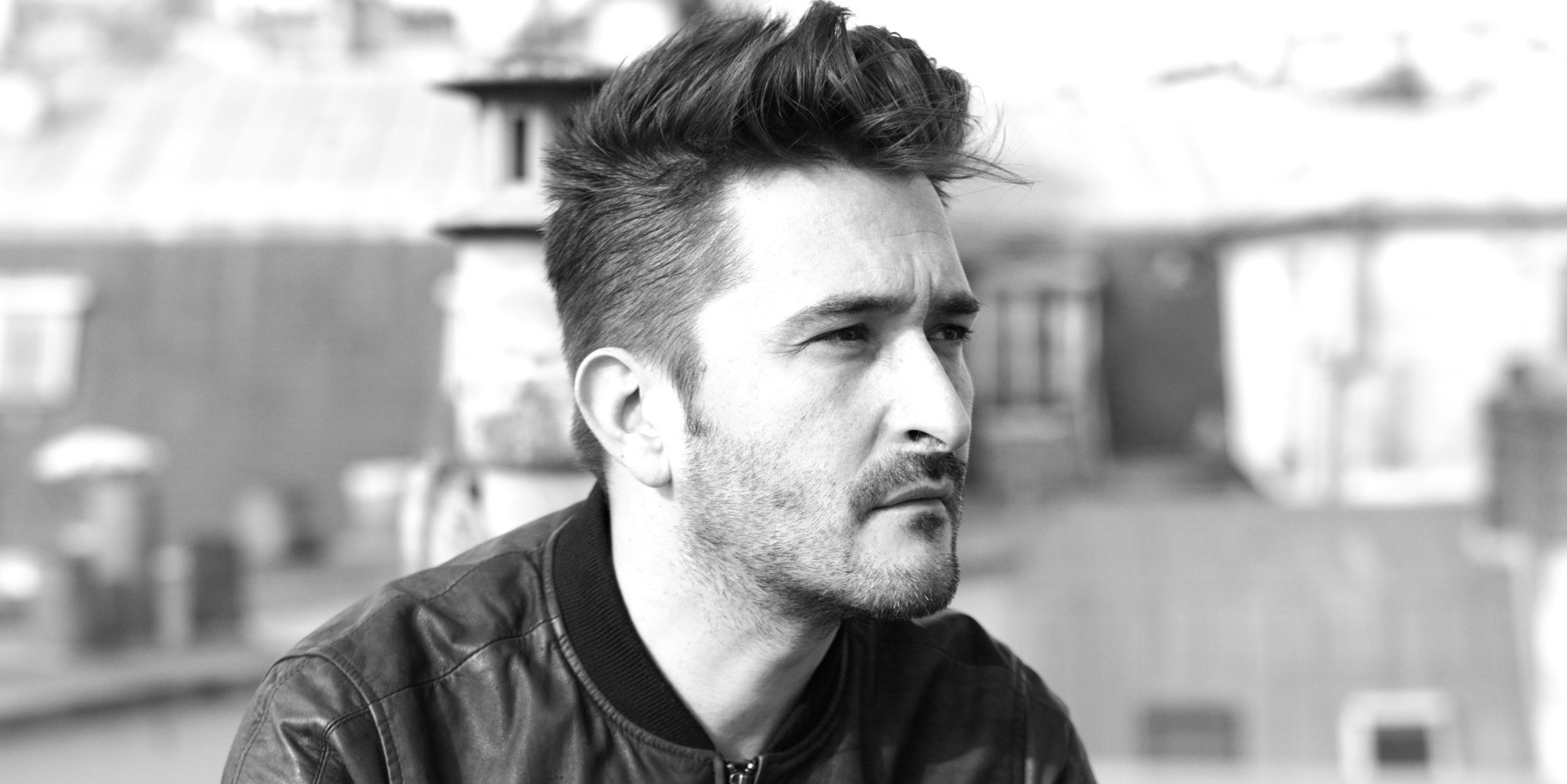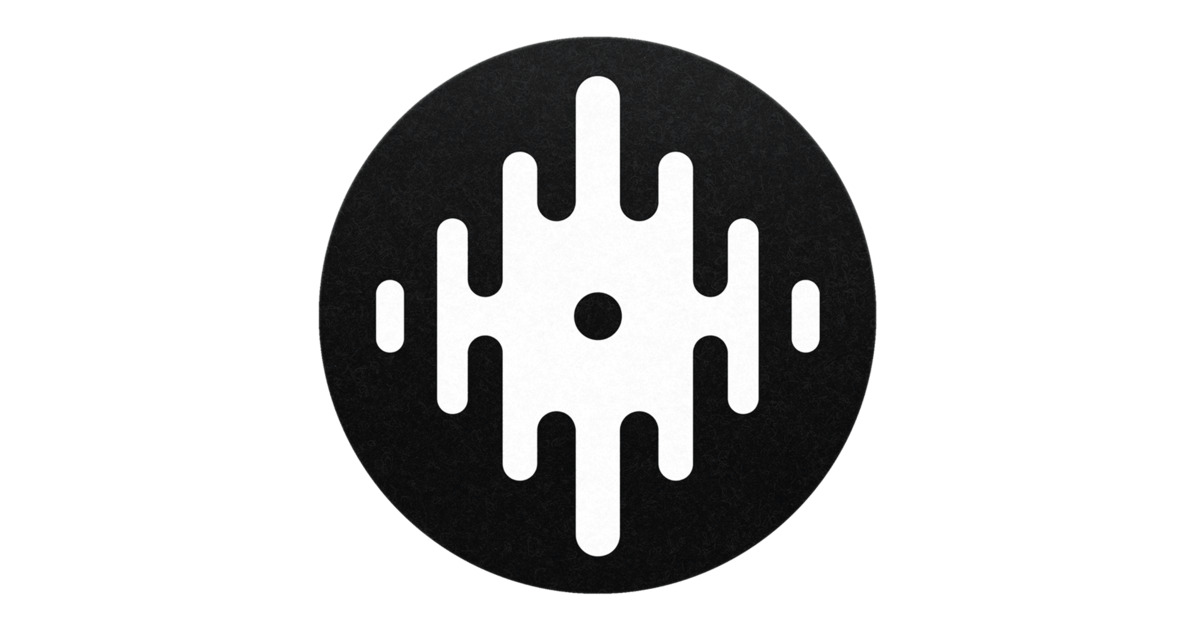Interview: In retrospect with The Hacker
Michel Amato, better known as The Hacker, reflects on his career so far. The French musician will be releasing the EP Le Desordre et La Nuit next month under his alias Amato.
Influenced by the big bands – New Order, Kraftwerk and Depeche Mode – Amato has an impressive back catalogue that has defined his artistic dynamism as a producer. Here he opens up about why evolving is better than relevance, what it was like working with Miss Kittin and how he creates that distinctive ‘The Hacker’ sound.
Firstly, where are you speaking to us from?
I’m at my place in Grenoble, France.
You’re a well-known artist; often it’s the case that many musicians are fighting a battle with relevance. Is that the case with you?
I’m not going to totally change my style because suddenly there is a new hype, it would be stupid to do that. I just try to evolve in my own style and try to stay the same without repeating myself. It’s very difficult actually, keeping you own musical identity and trying to evolve at the same time.
Do you like to look back on your previous work or is it about moving on to the next project when a piece of work is complete?
Sometimes I look back to what I did, but it’s very rare. When something is done, I move forward. I don’t want to be stuck in the past. When I look back to what I did most of the time it’s when people ask me to do it like for example last year when we released a ‘lost track’ EP with Miss Kittin (unreleased tracks from 1997/99) it was fun, but generally I prefer to work on new stuff.
Has working with different artists over the years predisposed your sound?
Not really. Working with Miss Kittin maybe changed my music a little bit, but not that much. The thing with Kittin is that her voice and her way of speaking and singing fit perfectly with my music. Sometimes things just happen, and that’s what happened with Kittin and I – it was totally natural for us to work together.
I’d just like to touch on Rêves Mécaniques, released in 2004. How much of a turning point was that album? What period was a huge turning point for you personally and musically?
For me this album is very important, it’s maybe the best thing that I have ever done, I don’t know…when I did it I was really confident in what I was doing – it was a great period for me. Another important period in my career was when we signed on Gigolo Smith miss Kittin, DJ Hell made me realise that what I wanted to do (mixing techno with new wave and Italo disco) was possible. It was good to feel understood, to work with people who had the same musical vision as me.
What are some key pieces of gear you have used over your career that has changed the trajectory of your sound?
I will say the Korg MS 20, the TR 808 and the SH 101, without those, there’s no ‘The Hacker sound’ for sure.
What’s your thought process when coming up with new material? Are you steered by creating a particular atmosphere or is it a spontaneous process?
Inspiration just comes and goes, you can’t really control and predict it. But if I go to a party and the DJ plays music that I like it can inspire me, or it can be a movie, or a book. Ideas can comes from a lot of things actually.
Who are you currently listening to?
Cardopusher, l-f-d-m, Morgan Hammer & Lokier, Terrence Dixon, Paranoid London, and a lot of 80’s new wave like Cabaret Voltaire, Daf, Nitzer ebb, etc.
What are the five albums of all time that have influenced you?
Kraftwerk: Computer World
Liaisons Dangereuses: First Album
LFO: Frequencies
Depeche Mode: Violator
Front 242: Geography
You can definitely hear a lot of influences in your music – New Order, Kraftwerk etc. What was it like growing up and consequently being inspired by these musicians, especially during a time when there was a great shift on the popular music scene?
If I make music, it’s because of the bands you quote in your question; they really motivated me and gave me the will to make music. But I was also very aware that it would be complicated to sound like those artists, because they were using very expensive equipment (synths, drum machine, samplers etc.) I felt like I couldn’t compete, but then when I heard one the first acid house records it was a revelation – I remember thinking “this I can do!” They were using cheap drum machines and synth, which totally freed me.
Lastly, what lies ahead for you in 2016?
An EP under my new alias Amato on Cititrax, an EP on Stileben (Luke Eargoggle’s label), remix for Artist Unknown on Disko B, remix for the Italian cult new wave band ” NOIA”, and a remix for cute heels on dark entries.



Leave a Reply